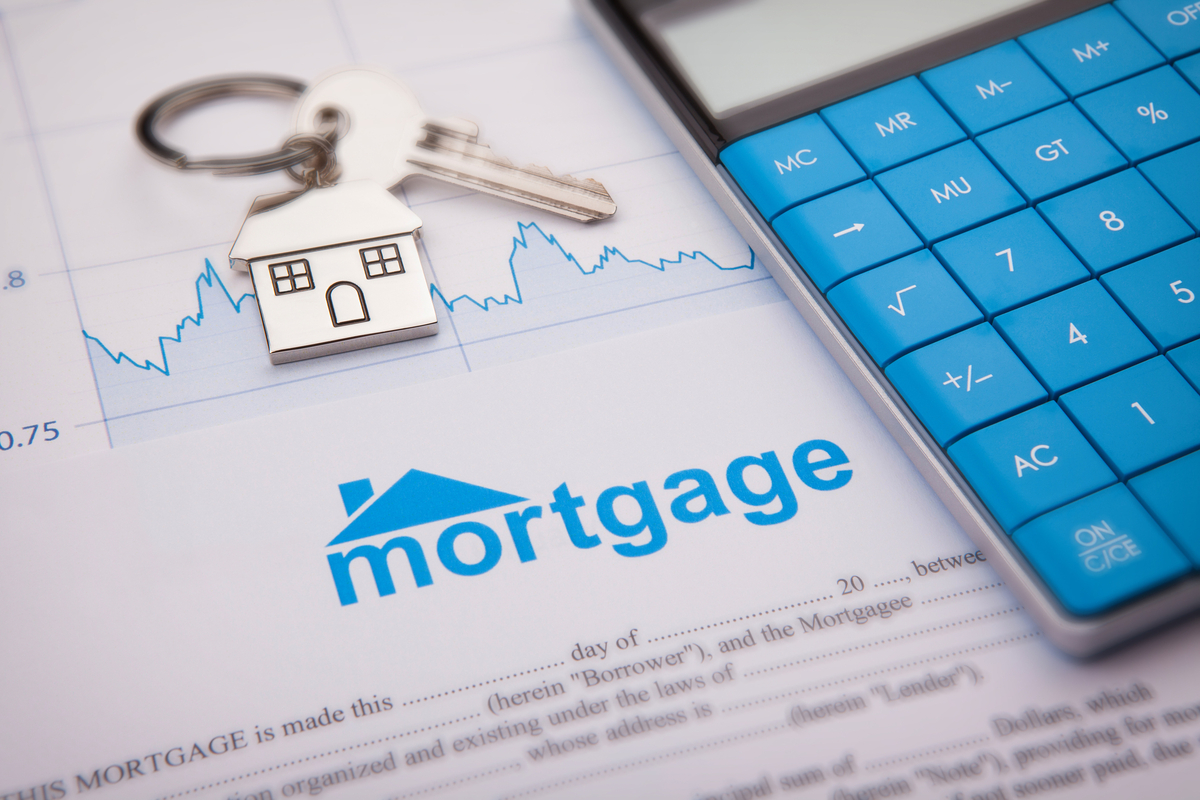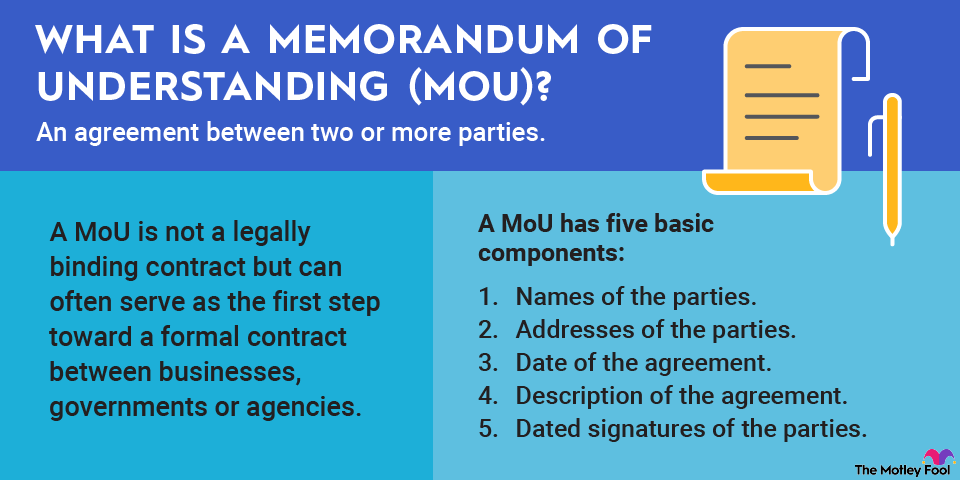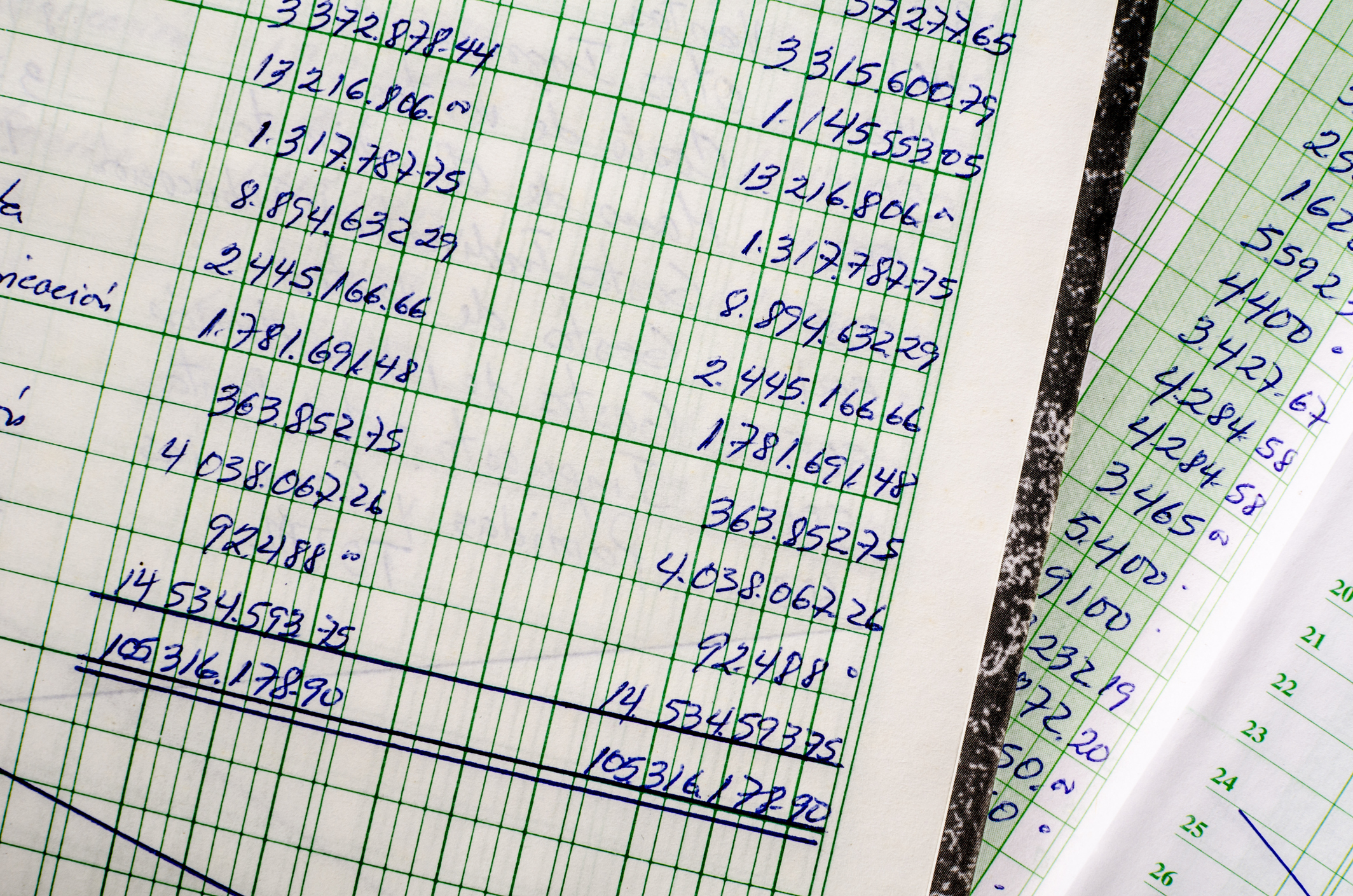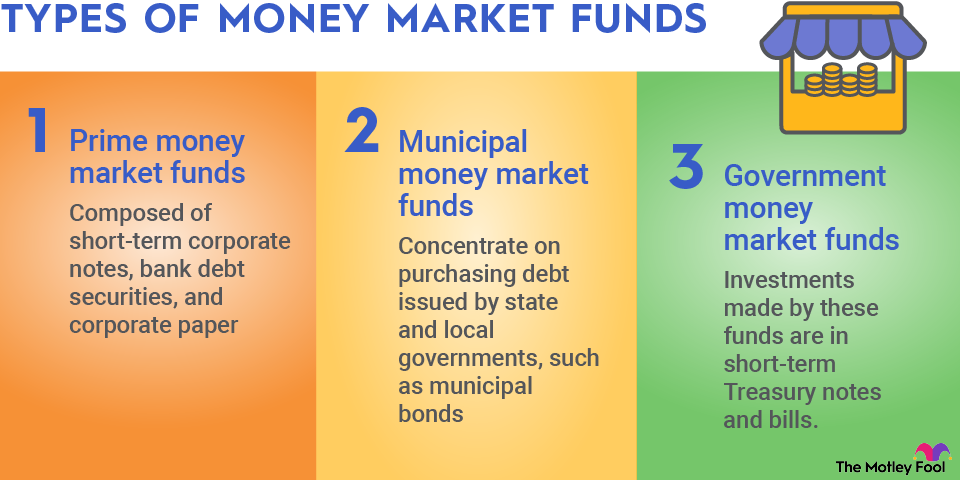Whether you've been thinking about buying a home, a rental home, or investing in mortgage-backed securities, you're here because you're thinking about a mortgage. These loans are unique in the lending world, which makes them interesting to all kinds of investors as well as homeowners who simply want to escape the rental market.

What is a mortgage?
A mortgage is a type of loan that's used to purchase real estate, and for which the real estate being purchased is then used as collateral. Because mortgages tend to be very large loans, the process to obtain one can be lengthy, depending on the type of property securing it and the type of mortgage you're getting.
Most mortgages in the United States have lengths of 15, 20, or 30 years, but in other countries, they may be shorter, sometimes just two to five years in Canada and the U.K., or as long as 100 years in Japan (though more commonly with up to 50-year terms).
Types of mortgages
In the United States, there are many types of mortgages, but let's discuss the most common. There are two main types of mortgages: the fixed-rate mortgage and the adjustable-rate mortgage. Both have their strengths and weaknesses, but the fixed-rate mortgage is generally considered more stable and reliable for people who intend to stay in their home over the long term.
There are also several different standard mortgage programs, each of which fits a different borrower (and property) profile. These are:
- Conventional. These loans are designed to be purchased by Fannie Mae or Freddie Mac, have stiff lending requirements on the borrower, but less stringent requirements for the property. They're often used by investors or experienced homebuyers with significant down payments.
- FHA. The Federal Housing Administration (FHA) oversees FHA loans meant to help first-time and lower-income borrowers get into homes of their own. These loans are guaranteed by the government, so a smaller down payment or less-than-excellent credit isn't penalized. Although they're easier on the borrower, the home has higher requirements to ensure that it's safe and will last for a long time. These loans cannot be used for investment properties in most cases.
- VA. The Department of Veterans Affairs administers the VA loan program, under which veterans can get very favorable lending terms. These loans typically have fewer fees than other types of loans, but you must be a qualified veteran.
- USDA. The U.S. Department of Agriculture also makes USDA home loans meant to stimulate homeownership and migration into smaller towns and less populated areas. Although the buyer qualifications are very flexible, the area must qualify, and so must the home.
There are also subprime and jumbo loans, which are used for less common scenarios. Subprime mortgages are for borrowers with some kind of problem qualifying as a buyer, often related to credit or income. Jumbo loans are only for exceptional buyers and are used for homes costing more than $800,000 in most areas.
Mortgages versus liens
When you buy a home, the mortgage is considered to be "encumbering" the home. This just means that you can't sell the house without paying off the mortgage, which makes sense since it's the collateral. But this is recorded on the deed, so you can't escape it.
Liens work the same way, but unlike mortgages, you likely didn't choose the lien. You may get a lien placed on your home if you have work done that you can't pay for, for example.
Both are recorded on your deed, and both must be paid off before you can sell your home, but the lien is more often for something you didn't pay for, as opposed to a mortgage, which was taken out to pay for the house, or, in the case of a second mortgage, perhaps to do a significant remodel.
Related investing topics
Why do mortgages matter to investors?
Mortgages matter a lot to many types of investors. For example, if you're considering investing in hands-on real estate properties, you will likely need a mortgage to secure said property. Whether that's a flip home or a rental property, the loan will help you better leverage your cash, and improve cash flow in the early, thin years while you wait for rental prices to gain momentum, or as you wait for your flip home to sell.
There are also investors who buy products called mortgage-backed securities (MBS). Mortgage-backed securities are securities that are made up of bundles of mortgages. They explain what kinds of mortgages are inside each individual security, along with the risk of default – the higher the risk, the better the payout.
You can also invest in real estate investment trusts (REITs) that specialize in buying MBS, like AGNC Investment (AGNC -0.27%). It's one of a few mortgage REITs that do this, so even if you don't invest in MBS directly, it's good to understand what a mortgage is and how MBS work.


















